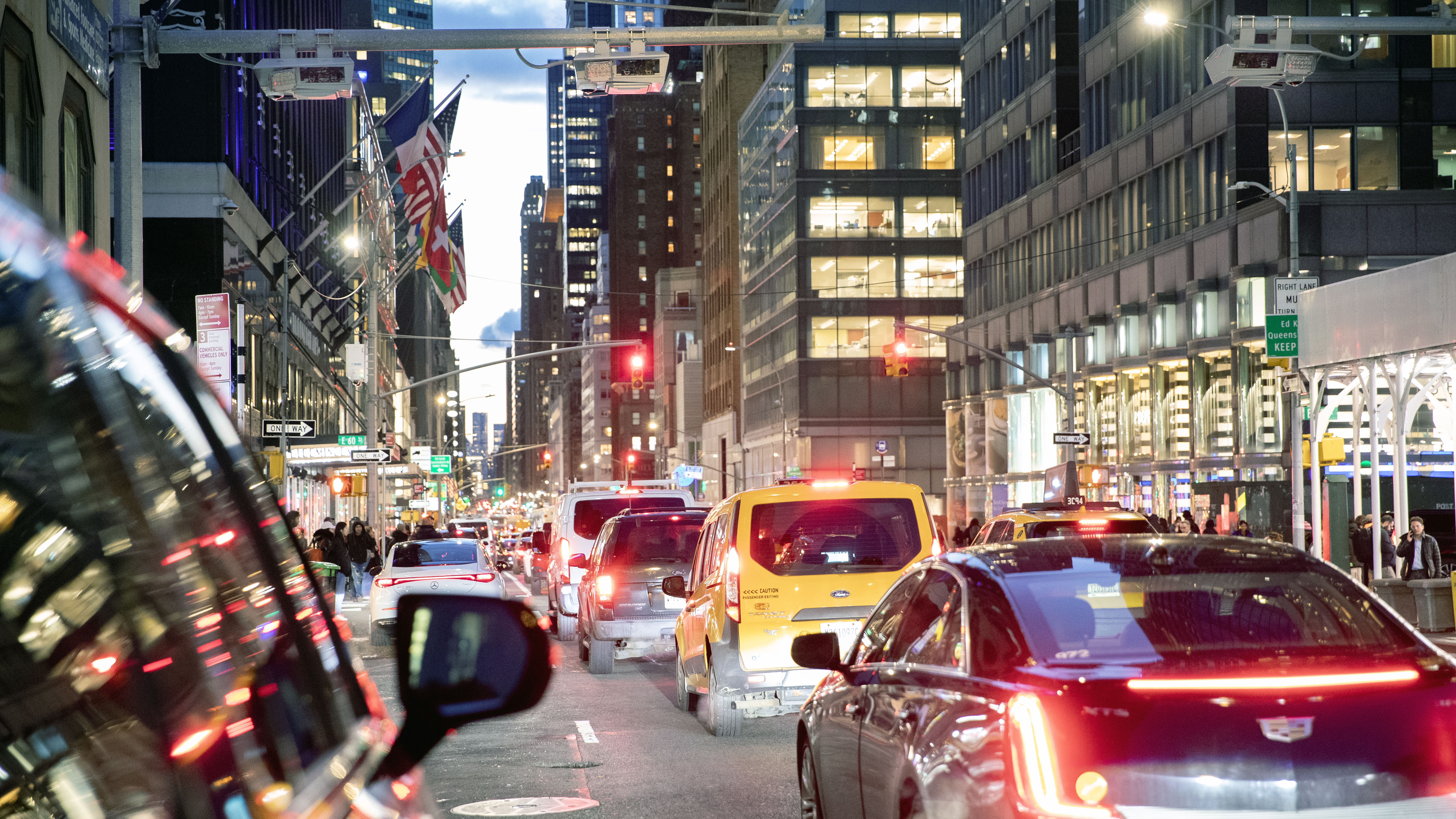As the Occupy Wall Street demonstrators celebrate the first 30 days of their movement, New York's movement has spread around the globe. Hundreds of thousands demonstrated in Europe and America over the weekend – and there were protests too in Asia and Australia.
I covered the demonstrations in the streets of New York in the 1960s -- including major confrontations between police and students at Columbia and CCNY. Those demonstrations were not always non-violent but they had clear aims. The young people were protesting against the war in Vietnam and for civil rights. There was no ambiguity. These were their goals; there was no doubt about it. These young voices were enough to persuade Lyndon Johnson not to run for another term as President. They polarized American politics.
I heard the kids of the Sixties shout: “Hey, hey, LBJ, how many kids have you killed today?”; “No war! Peace Now!” and: “One, two, three four. We don’t want your ----ing war!”; “Hell no, we won’t go!.”
And the civil rights protests did more singing than shouting. The favorite song, which became a hymn, was “We Shall Overcome.” The words:
“We shall overcome
“We shall overcome some day
“Oh, deep in my heart
“I do believe
“We shall overcome
“Some day.”
And among the Occupy Wall Street crowd today are Kirby Desmarais of Brooklyn: ”As a family, we make too much money in this city to qualify for public health insurance, and we don’t make enough for private insurance.”
Heather Marko: “I’m here because I’m p.o. ed. I I’m always like yelling about things and it’s finally -- there are other people yelling too.”
Chrissy Walford, of Massachusetts said: “I couldn’t sleep at night or look at myself in the mirror if I didn’t come out... everyone has to act.”
In Orlando, Florida, real estate attorney John St. Lawrence told the Associated Press: “I don’t think the underlying theme is a mystery. We saw what the banks and the financial institutions did to the economy.”
Local
In Pennsylvania, the Occupy Pittsburgh group demanded that Bank of New York Mellon pay back money they say it overcharged public pension funds around the county. In Rome, firefighters battled flames at an Interior Ministry building, after a Molotov cocktail was thrown. Anarchists, some wearing ski masks, torched cars, broke windows and clashed with police. In London, one protester said: “We’re giving people a real voice against a government that just ignored us.”
In Belleville, France, one demonstrator said: “Government isn’t listening to the people and dialogue with them is impossible. You are not listening to us, whatever we do, however we vote, however we demonstrate,” according to the AP.
I spoke to the prominent American historian Kenneth Jackson. He said the fact that the demonstrations have spread across the globe from Wall Street shows how much New York is still “a trendsetter.”
“There clearly may be a long-term seismic change taking place and yet we don’t know yet where we’re going. Something is definitely wrong and it’s not yet clear what the ultimate outcome will be,” Jackson said.
Certainly the phenomenon of the 2010s is still hard to define. Clearly from New Zealand to Germany and Taipei something is happening. There is unrest and there is confusion. Amid the turbulence in the air, it’s hard so far to draw conclusions.
But one thing is certainly clear: there’s an epidemic of frustration and deep unhappiness spreading around the world. And, if it doesn’t get fixed, it will get worse.



